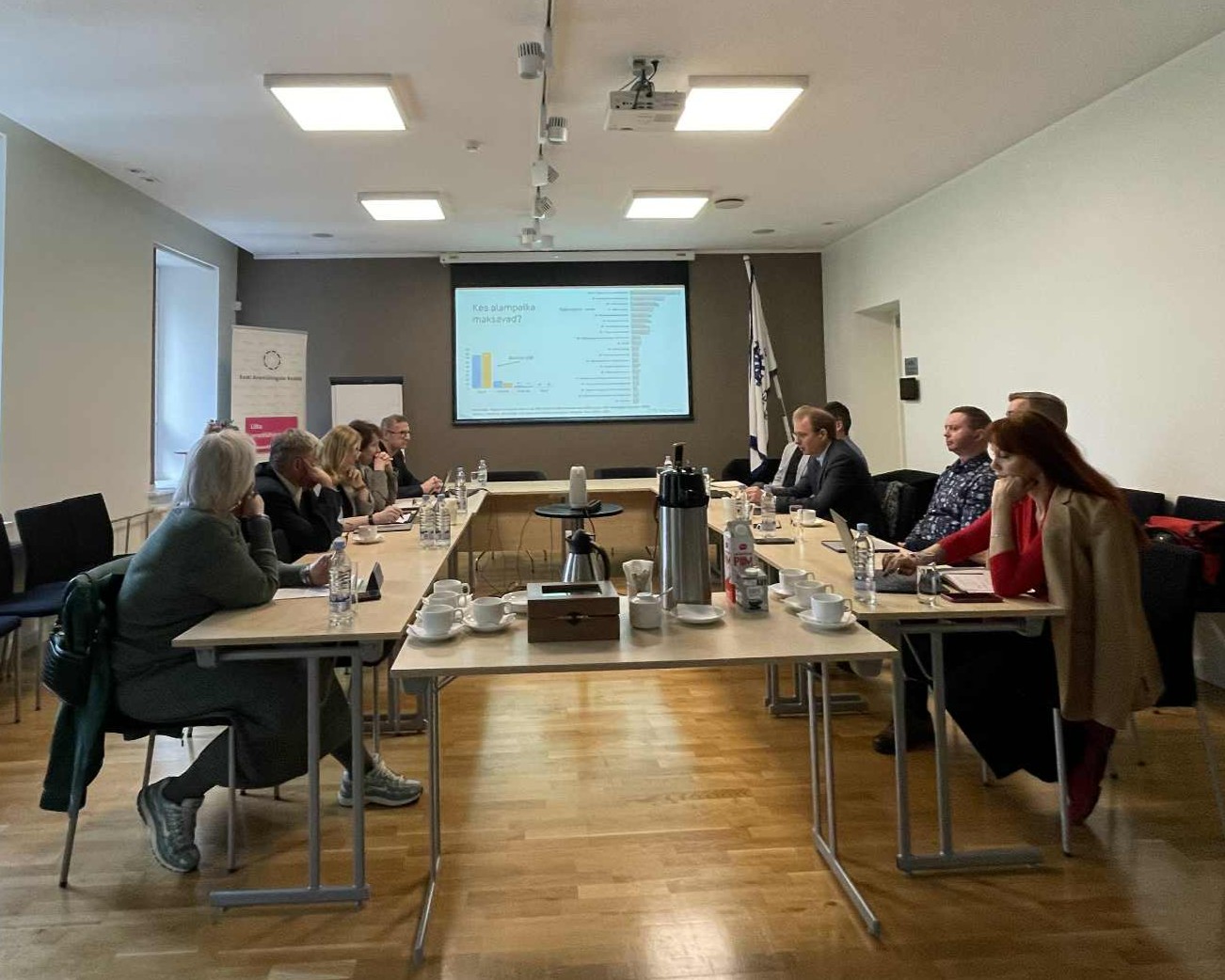
On 4 October, trade union and employer representatives started negotiations on the 2026 minimum wage increase. No concrete offers or demands were made at the first meeting, as the economic situation has changed and previous forecasts no longer apply. The next meeting will take place at the end of October.
Kaia Vask, head of the Estonian Trade Union Confederation, said that tax increases have had a significant impact on workers' livelihoods. "We want people's purchasing power to improve and to be able to manage their lives better. If workers are doing well, the whole of society benefits," she said.
Under a goodwill agreement signed three years ago, the minimum wage is set to rise to 50% of the average wage by 2027. Last year, the agreement was extended by one year.
Although the governing coalition has promised a faster increase in the minimum wage, Minister of Economy and Industry Erkki Keldo (Reform Party) stressed that reaching an agreement is a joint decision of employers and trade unions.